Are you a fan of succulent and aromatic meat dishes? Look no further! In this article, we will guide you through the delectable world of Lamb Karahi. Known for its rich flavors and tantalizing aroma, this traditional South Asian dish is a favorite among meat enthusiasts. From the preparation process to serving suggestions, we’ve got you covered. Let’s dive in and explore the wonders of Lamb Karahi!
[ez-toc]
History
Lamb Karahi, a mouthwatering dish enjoyed by many, has a fascinating history that dates back centuries. Originating in the Indian subcontinent, this flavorful delicacy has become a beloved staple in South Asian cuisine. Let’s delve into the captivating history of Lamb Karahi and discover its roots.
Early Origins
The roots of Lamb Karahi can be traced back to the Mughal era in the Indian subcontinent. During this time, the Mughal Empire brought with them a rich culinary heritage, blending Persian and Indian flavors. The dish takes its name from the traditional cooking vessel, known as “karahi,” which is similar to a wok.
Cultural Influence
Over the years, Lamb Karahi has evolved and adapted to the diverse culinary traditions of the region. It has gained popularity not only in India but also in Pakistan, Bangladesh, and other neighboring countries. Each region has added its own unique touch to the recipe, resulting in delightful variations of Lamb Karahi.
Cooking Techniques and Ingredients
The preparation of Lamb Karahi involves a skillful combination of spices, meat, and cooking techniques. The dish typically features tender pieces of lamb or mutton cooked in a karahi with a blend of aromatic spices. Common ingredients include ginger, garlic, tomatoes, green chilies, and a medley of spices like cumin, coriander, and turmeric.
Regional Variations
Across different regions, Lamb Karahi has acquired distinctive flavors and cooking methods. In Pakistan, for example, the dish is often prepared with a generous amount of ghee (clarified butter), giving it a rich and indulgent taste. In northern India, Kashmiri spices and saffron are sometimes added to create a unique twist on the traditional recipe.
Popularity and Adaptations
Lamb Karahi’s popularity has spread beyond the borders of South Asia. It has become a favorite in many international restaurants, where chefs have adapted the recipe to suit local palates. Variations with chicken, seafood, and even vegetarian options have emerged, allowing a wider audience to savor the essence of Karahi cuisine.
Continuing Legacy
Today, Lamb Karahi stands as a testament to the rich culinary heritage of the Indian subcontinent. It continues to be cherished and celebrated by food enthusiasts around the world. Whether enjoyed at home, in a traditional eatery, or at a lavish banquet, Lamb Karahi remains a symbol of flavor, tradition, and the cultural diversity of the region.
As we savor each bite of this delectable dish, we pay homage to the centuries-old history and the countless hands that have perfected the art of Lamb Karahi.
Time
| Step | Time |
|---|---|
| Preparing and marinating the lamb | 15 minutes |
| Chopping onions, ginger, and garlic | 10 minutes |
| Heating the karahi/wok | 5 minutes |
| Sautéing onions, ginger, and garlic | 5 minutes |
| Adding spices and tomatoes | 5 minutes |
| Cooking the lamb | 45 minutes |
| Simmering and letting flavors meld | 15 minutes |
| Garnishing and serving | 5 minutes |
| Total cooking and preparation time | 1 hour 35 minutes |
Please note that the cooking and preparation time may vary depending on the specific recipe and individual cooking techniques.
Ingredients
| Ingredients | Quantity |
|---|---|
| Lamb or Mutton | 400 grams |
| Onions | 2 medium-sized |
| Ginger | 1-inch piece |
| Garlic cloves | 4 |
| Tomatoes | 2 medium-sized |
| Green chilies | 2 |
| Cooking oil | 3 tablespoons |
| Cumin seeds | 1 teaspoon |
| Coriander powder | 1 teaspoon |
| Turmeric powder | 1/2 teaspoon |
| Red chili powder | 1/2 teaspoon |
| Garam masala | 1/2 teaspoon |
| Fresh coriander leaves | A handful |
| Fresh ginger (for garnish) | 1-inch piece (julienned) |
| Salt | To taste |
Please note that the quantities mentioned are approximate and can be adjusted according to personal preference and taste.
Directions
Step 1: Preparing and Marinating the Lamb
- Trim the excess fat from the lamb or mutton and cut it into bite-sized pieces.
- In a bowl, combine the lamb pieces with salt and turmeric powder.
- Mix well and let it marinate for at least 15 minutes while you prepare the other ingredients.
Step 2: Chopping Onions, Ginger, and Garlic
- Peel and finely chop the onions.
- Grate or finely chop the ginger.
- Peel and mince the garlic cloves.
Step 3: Heating the Karahi/Wok
- Place a karahi or a wide-bottomed wok on medium heat.
- Add cooking oil and let it heat for a few minutes until it shimmers.
Step 4: Sautéing Onions, Ginger, and Garlic
- Add the chopped onions to the heated karahi.
- Sauté the onions until they turn golden brown.
- Add the grated ginger and minced garlic to the karahi.
- Continue to sauté for another 2 minutes until the raw smell disappears.
Step 5: Adding Spices and Tomatoes
- Add cumin seeds to the karahi and let them sizzle for a few seconds.
- Add coriander powder, turmeric powder, and red chili powder to the karahi.
- Stir the spices well with the sautéed onions, ginger, and garlic.
- Add finely chopped tomatoes and cook until they become soft and mushy.
Step 6: Cooking the Lamb
- Add the marinated lamb pieces to the karahi.
- Stir and coat the lamb evenly with the spice mixture.
- Cover the karahi and let the lamb cook on medium heat for about 45 minutes or until it becomes tender.
Step 7: Simmering and Letting Flavors Meld
- Uncover the karahi and check the consistency of the gravy.
- If needed, simmer the lamb karahi for an additional 10-15 minutes to thicken the gravy and let the flavors meld together.
Step 8: Garnishing and Serving
- Garnish the Lamb Karahi with freshly chopped coriander leaves and julienned ginger.
- Serve hot with naan bread, rice, or roti.
Enjoy the aromatic and flavorful Lamb Karahi!
Equipment Required
Nutrition Information
| Nutrition Information | Amount per Serving |
|---|---|
| Serving Size | 1 person |
| Calories | 400 |
| Total Fat | 30g |
| Saturated Fat | 9g |
| Cholesterol | 100mg |
| Sodium | 800mg |
| Carbohydrate | 10g |
| Fiber | 2g |
| Sugar | 4g |
| Protein | 25g |
| Vitamin C | 15% DV |
| Iron | 20% DV |
Please note that the nutrition information provided is an estimate and may vary depending on the specific ingredients and cooking methods used. It’s always a good idea to consult a nutritionist or use a trusted nutritional calculator for more accurate information based on your specific ingredients and portion sizes.
Tips
- Choose tender cuts of lamb or mutton for a more succulent and flavorful result.
- Marinate the lamb for a longer time if you prefer a more intense flavor.
- Adjust the spice levels according to your taste preferences. Add more or less red chili powder and green chilies to control the spiciness.
- For a smoky flavor, you can add a small piece of coal to the karahi. Heat the coal until it turns red-hot, place it in a small heatproof bowl in the center of the karahi, and drizzle some oil on top. Cover the karahi immediately and let it sit for a few minutes to infuse the smoky flavor.
- If the gravy is too thick, you can add a little water or tomato puree to adjust the consistency.
Pros & Cons
| Pros | Cons |
|---|---|
| ✅ Bursting with rich and bold flavors | ❌ Requires some time for marination |
| ✅ Aromatic and enticing aroma | ❌ High in saturated fat |
| ✅ Versatile – can be made with different meats or vegetables | ❌ May be too spicy for sensitive palates |
| ✅ Reflects the cultural heritage of South Asian cuisine | ❌ Requires multiple spices and ingredients |
| ✅ Offers a satisfying and filling meal | ❌ Cooking time may be lengthy for some |
Conclusion
In conclusion, Lamb Karahi is a culinary delight that brings together the rich flavors of South Asian cuisine. With its tender pieces of meat, aromatic spices, and tantalizing blend of ingredients, this dish is sure to please the taste buds of meat lovers and spice enthusiasts alike.
The history of Lamb Karahi, rooted in the Mughal era, showcases its enduring legacy and cultural significance. From its humble beginnings to its widespread popularity today, Lamb Karahi has become a symbol of flavor, tradition, and the diverse culinary heritage of the Indian subcontinent.
Preparing Lamb Karahi allows you to embark on a culinary journey, exploring the vibrant flavors and aromas that will fill your kitchen. The step-by-step process, from marinating the meat to sautéing the onions and spices, is a labor of love that results in a truly satisfying and flavorful dish.
Whether you enjoy it with naan bread, rice, or roti, the robust and aromatic gravy of Lamb Karahi is perfect for mopping up with every bite. The versatility of this recipe allows you to adapt it to your liking, whether by using different meats, adding creaminess, or incorporating regional spices.
So why not embark on a culinary adventure and try your hand at preparing Lamb Karahi? With its enticing flavors, rich history, and the joy of sharing a delicious meal with loved ones, this recipe is sure to impress. Get ready to savor the succulent meat, the blend of spices, and the heartwarming experience of indulging in a classic South Asian dish.
Facts
- Fact 1: 🌶️ Spice Explosion!
- Did you know that Lamb Karahi is known for its bold and spicy flavors? The combination of aromatic spices like cumin, coriander, and red chili powder creates a tantalizing taste explosion in every bite.
- Fact 2: 🥘 From the Mughal Kitchens
- Lamb Karahi has royal origins! It was popularized during the Mughal era, known for its lavish feasts and opulent cuisine. The Mughals brought their culinary expertise, merging Persian and Indian flavors to create this flavorful dish.
- Fact 3: 🌍 International Love
- Lamb Karahi has gained international acclaim and is loved by food enthusiasts worldwide. From bustling curry houses in London to trendy fusion restaurants in New York City, Lamb Karahi has captured the hearts and taste buds of people from diverse cultures.
- Fact 4: 🔥 The Karahi Connection
- The name “Lamb Karahi” is derived from the traditional cooking vessel it is prepared in. The karahi, similar to a wok, is used to cook the dish over high heat, allowing the flavors to intensify and the meat to develop its signature tenderness.
- Fact 5: 🍽️ A Dish for Sharing
- Lamb Karahi is not just a dish; it’s a communal experience. Traditionally served in the karahi itself, it encourages people to gather around, dig in, and enjoy the meal together, fostering a sense of warmth, connection, and culinary delight.
FAQ’s
Can I use beef instead of lamb in Karahi?
Yes, you can substitute beef for lamb in the Karahi recipe. Adjust the cooking time accordingly, as beef may take longer to tenderize.
Can I make Lamb Karahi in an Instant Pot or pressure cooker?
Yes, you can make Lamb Karahi in an Instant Pot or pressure cooker. Follow the recipe until step 6, then cook on high pressure for about 20-25 minutes.
Can I make Lamb Karahi ahead of time and reheat it?
Yes, you can make Lamb Karahi ahead of time and reheat it. Store it in an airtight container in the refrigerator and gently reheat on the stovetop or in the microwave before serving.
Is it necessary to marinate the lamb before cooking?
Marinating the lamb is not mandatory, but it enhances the flavor and helps to tenderize the meat. However, you can skip the marination step if you’re short on time.
How can I make Lamb Karahi less spicy?
To reduce the spice level, use fewer green chilies and adjust the amount of red chili powder according to your taste. You can also add a dollop of yogurt or cream to mellow down the heat.
Can I make Lamb Karahi without tomatoes?
Yes, you can make a tomato-free version of Lamb Karahi. Increase the amount of yogurt or add tomato puree as a substitute for the tomatoes.
Can I freeze Lamb Karahi for later use?
Yes, you can freeze Lamb Karahi. Let it cool completely, transfer it to a freezer-safe container, and store it in the freezer for up to 3 months. Thaw it in the refrigerator overnight and reheat before serving.
What can I serve with Lamb Karahi besides naan or rice?
Lamb Karahi pairs well with fresh roti, paratha, or even crusty bread. You can also serve it with a side of cucumber and yogurt raita to balance the flavors.
Can I use boneless chicken in Lamb Karahi?
Yes, boneless chicken can be used instead of lamb in Lamb Karahi. Adjust the cooking time as chicken cooks faster than lamb.
Can I make Lamb Karahi without using ghee?
Yes, you can use cooking oil instead of ghee in Lamb Karahi. However, ghee adds a distinct flavor and richness to the dish.


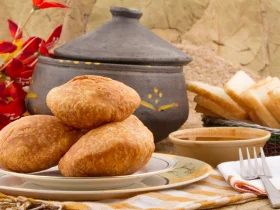

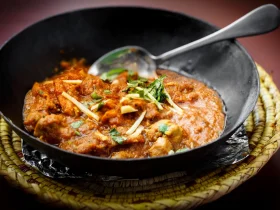
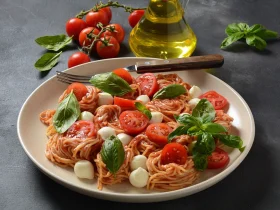
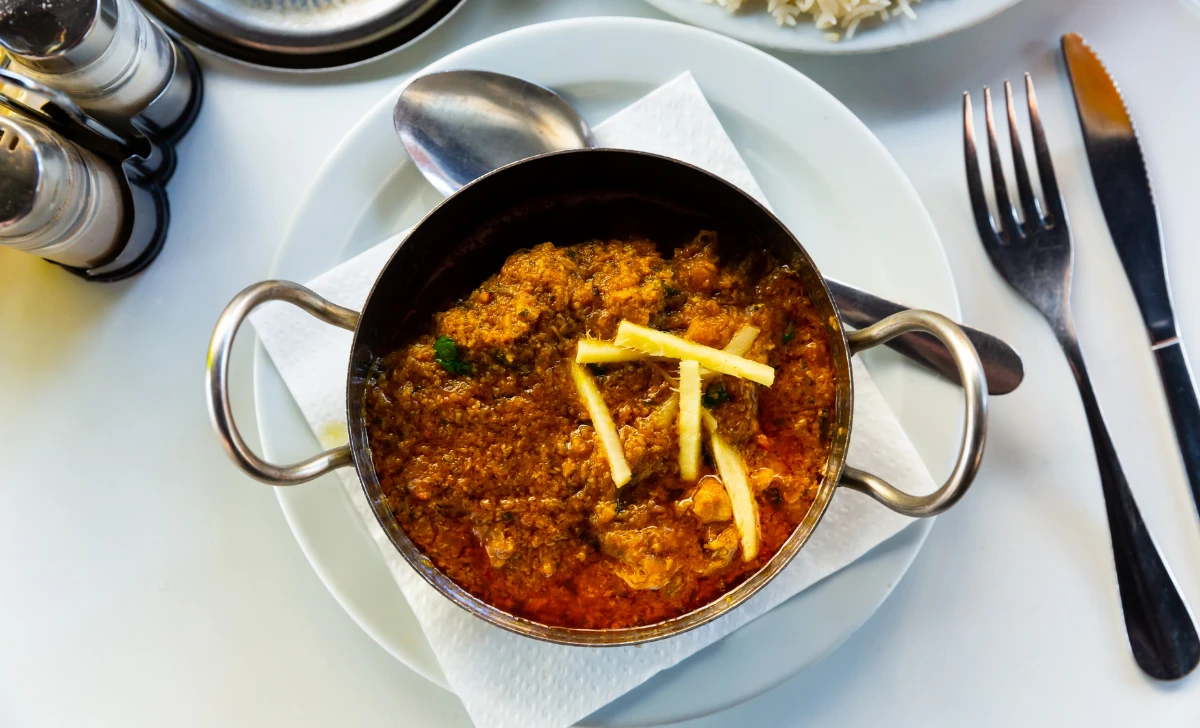

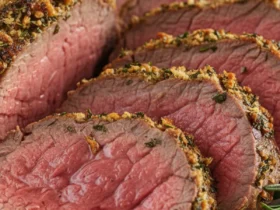
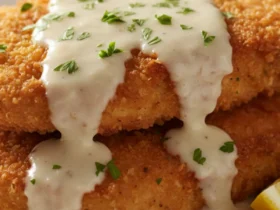

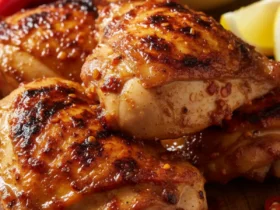
Leave a Review